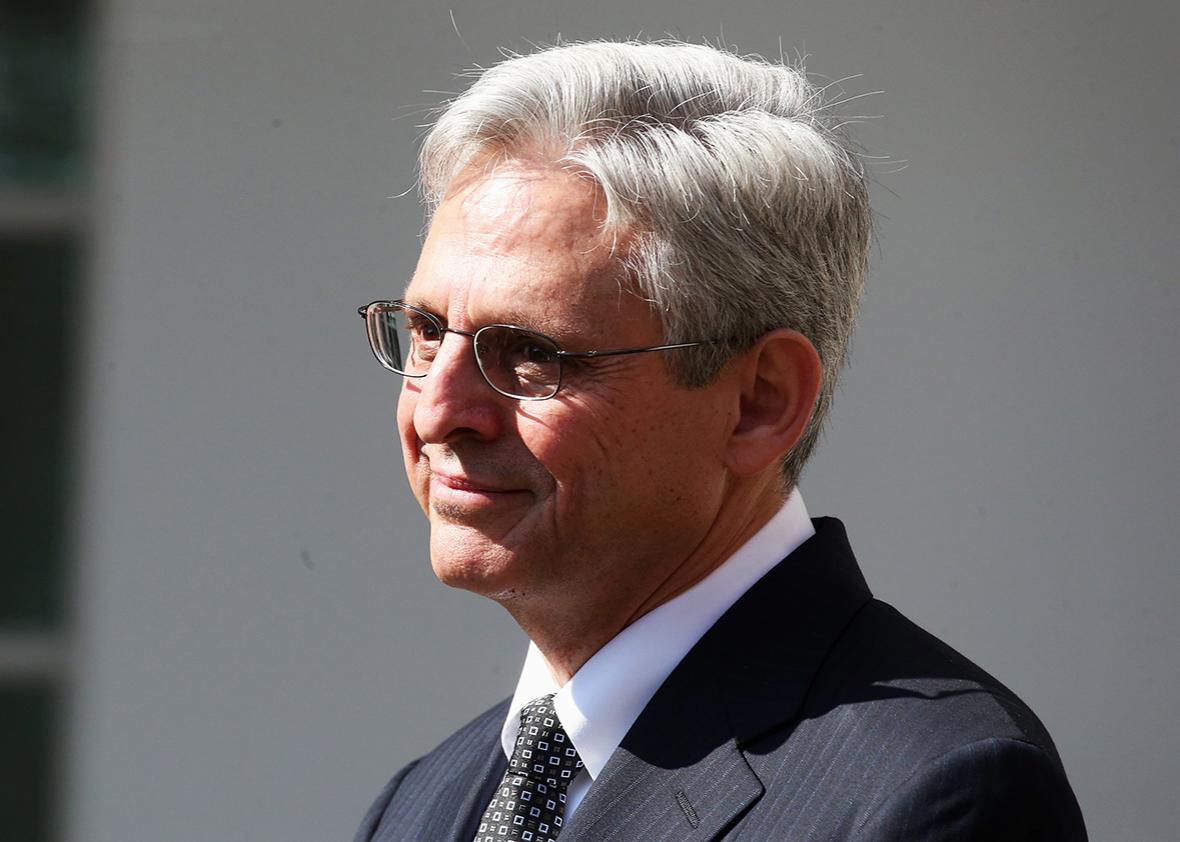President Barack Obama’s nomination of Judge Merrick Garland to fill Justice Antonin Scalia’s vacant Supreme Court seat surprised many people. Almost everyone expected the president to make a political statement with this nomination, perhaps with a historic effort to diversify the court (as you wanted, Mark), or an attempt to make it more strongly liberal, or maybe both. They also expected a much younger nominee, perhaps around 50, the same age Scalia was when he was appointed to the court in 1986.
But Obama did not do any of these things. Instead, he showed the nation what a merit appointment looks like. This is not to take anything away from the president’s two prior Supreme Court nominees, each of whom was highly qualified. But, at 63, Garland is the oldest person nominated to the Court since 1971, and his distinguished service on the nation’s second-highest-ranking court makes him among the most experienced jurists ever nominated to the Supreme Court. Moreover, throughout his nearly two decades on the U.S. Court of Appeals for the District of Columbia Circuit (preceded by similarly distinguished work in private practice and as a prosecutor), Judge Garland has earned a reputation in the bar and among Democratic and Republican leaders alike as a judge’s judge. It is hard to imagine a better qualified nominee to the Supreme Court, and that is the point. Whatever else one thinks of this nomination, his merit cannot be denied.
This nomination might not be popular in some quarters. In addition to the other ways in which this is not a history-making pick, Garland will not make the court more diverse in terms of geography. If Garland is confirmed, Justice Anthony Kennedy would be the only one of the court’s nine justices to have spent his career almost entirely on the West Coast. Judge Garland will not diversify the justices’ law school backgrounds—far from it; he would, if confirmed, be one of six justices to have attended Harvard Law School. Nor would Judge Garland diversify the court in terms of religion; if confirmed, he would be the court’s fourth Jew. If confirmed, he would be the court’s sixth man, and his confirmation would leave the court with two ethnic minorities (Justices Sonia Sotomayor and Clarence Thomas). Judge Garland is also older than Chief Justice John Roberts, with whom he served on the D.C. Circuit and who took his seat in 2005, which means he might not have the same kind of longevity on the court as other, younger candidates would have.
Again, all of this just goes to show that the nomination’s point is merit, not anything else. In the weeks, if not months, ahead, we can expect the Republican Senate leadership to make the fight over the nomination about its timing, not said merit. Yet we already know that nearly 20 presidents have successfully made Supreme Court nominations in presidential election years or the few weeks before the following inauguration. Moreover, as Geoffrey Stone of the University of Chicago Law School has shown, the Senate has not, in the modern history of the court, failed to consider, much less failed to confirm, any well-qualified nominee whose ideology could be described as moderate and not extreme. And no one, before this day, has described Judge Garland in any other terms.
As the fight unfolds, President Obama’s strategy is clear: He has reminded everyone that, if there is one position in our government everyone expresses the hope will be filled on the basis of merit, it is the Supreme Court. His nomination of Judge Garland is therefore not a political statement but rather a bold effort to encourage everyone to recognize that if they ever want to see what a merit-based appointment looks like they need look no further than the man standing next to him in the Rose Garden on Wednesday.
